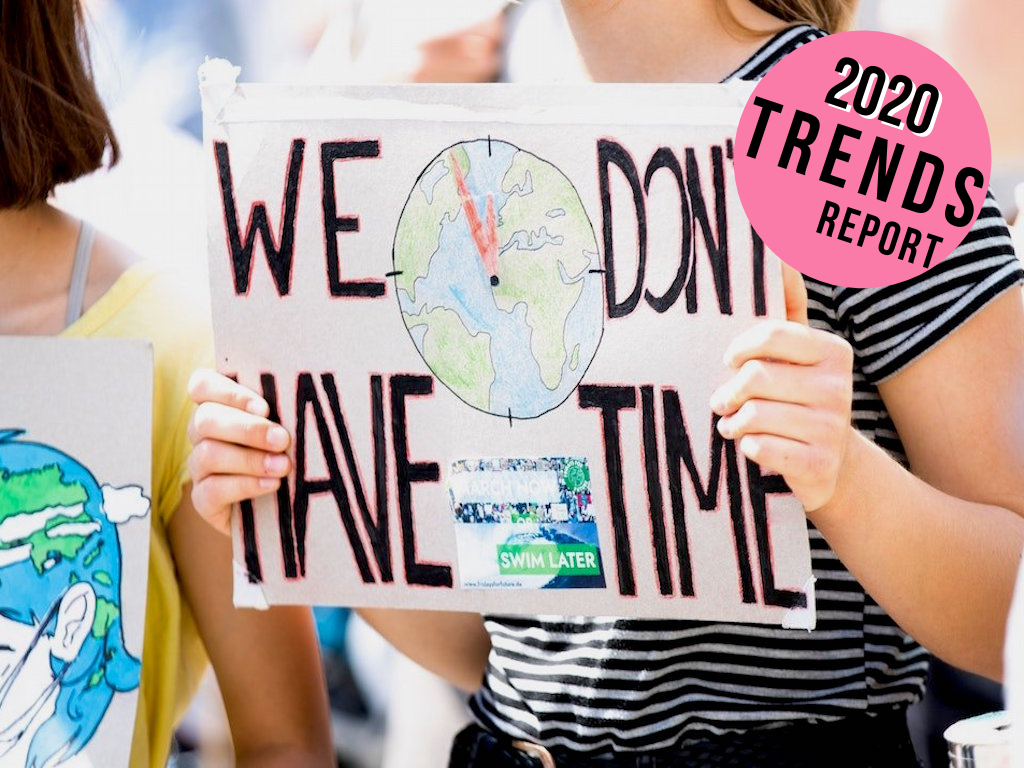2 Mins Read
The American Psychological Association (APA) defined eco-anxiety in 2017 as a “chronic fear of environmental doom,” and 3 years on, we’re going to see the number of sufferers spike, and spike big time.
2019 saw the climate crisis pushed right up the world agenda. Just to list a few key data points: we saw millions of students around the world participate in #FridayForFuture strikes, the teenage eco warrior who spearheaded the movement Greta Thunberg become the TIME Person of the Year, over 11,000 scientists officially declared a climate emergency and Oxford Dictionary hailed the term as the word of the year. According to the published reports, 2 billion will experience annual coastal disasters, and we just broke the record for the hottest 5 year period the world has ever experienced.
Given all of this, which sees no sign of stopping as a result of government and corporate inaction, it’s unsurprising that 2020 will bring on record cases of eco-anxiety, and perhaps many of us will begin to feel this on a daily basis. While there was an uptick in the awareness about climate change last year, the 2020 global agenda will see a much greater anxiety-driven urgency to tackle the climate crisis, and our everyday conversations will be marked by a far more immediate sense of apprehension about the future.
On the flip side, it won’t just amount to empty words and worrisome thoughts. We wholeheartedly believe that due to widespread anxiety, communities will come together to provide each other with the emotional robustness required to help cope with our stresses in the midst of what seems a hopeless global disaster. Ultimately, this will make the world – from governments to businesses and individuals – more ready to come together to collectively take action for the climate. Well that’s the hope, anyway.
Lead image courtesy of Junkee.




